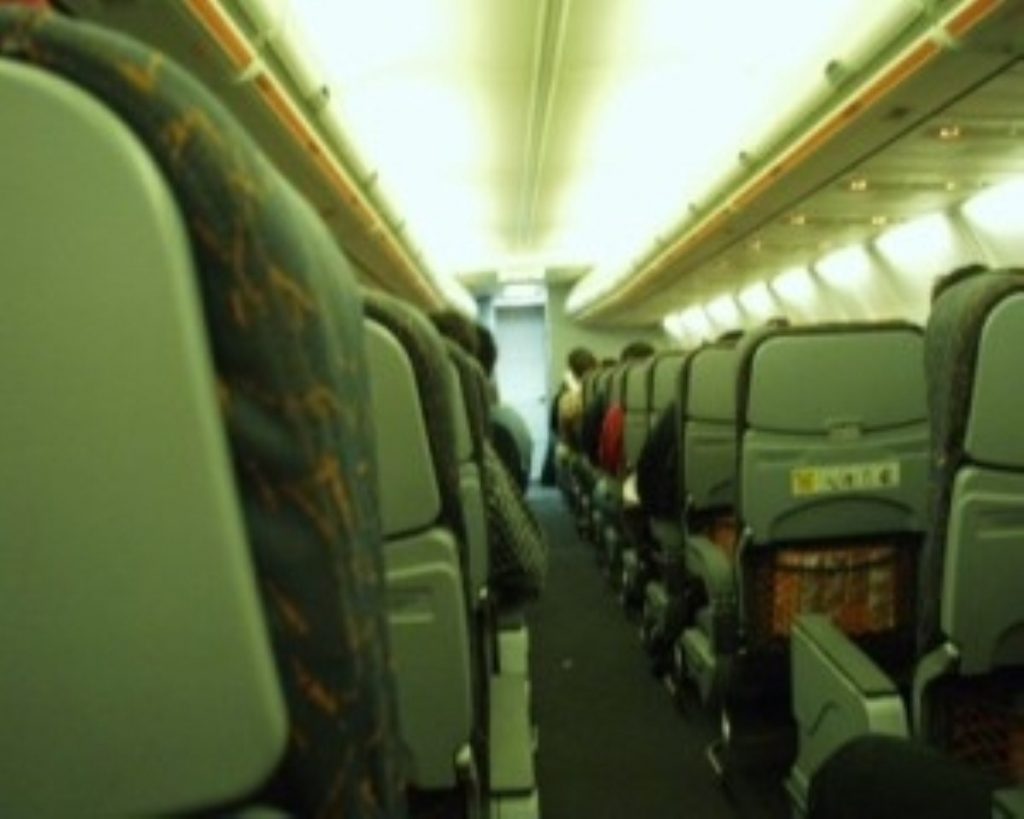Migration to the UK increases
New statistics have shown that an estimated 172,000 more people migrated to the UK than from it in 2001, almost 10,000 more than in 1999 and 2000.
The international migration figures from the Office for National Statistics show that 53,000 British citizens left the country while 225,000 entered it in 2001.
British citizens leaving the UK were most likely to be moving to the EU, Australia or the USA; while one-third of non-British in-migrants in 2001 were from the EU and old Commonwealth (Australia, Canada, New Zealand and South Africa) and two-thirds were citizens of new Commonwealth and other foreign countries.
The statistics also show that people aged 25-44 accounted for approximately half of both arrivals and departures in 2001. On average, out-migrants intended to stay abroad for longer than in-migrants intended to stay in the UK, with 61 per cent of out-migrants expressing the intention to stay for at least four years compared with 35 per cent of in-migrants.


Commenting on the figures Home Office Minister Beverley Hughes said that the rise in the number of people migrating into the country reflects the UK’s position as a ‘key player in a global modern economy’.
‘Migrants make a valuable contribution to our economy and society. We need migrants to help with recruitment difficulties and bring new innovations and capital to the UK. In 1999-2000 migrants paid £2.5 billion more in taxes than in benefits consumed,’ she added.
In the statistics a migrant is defined as someone who changes his or her country of usual residence for a period of at least a year, so that the country of destination becomes the country of usual residence.












